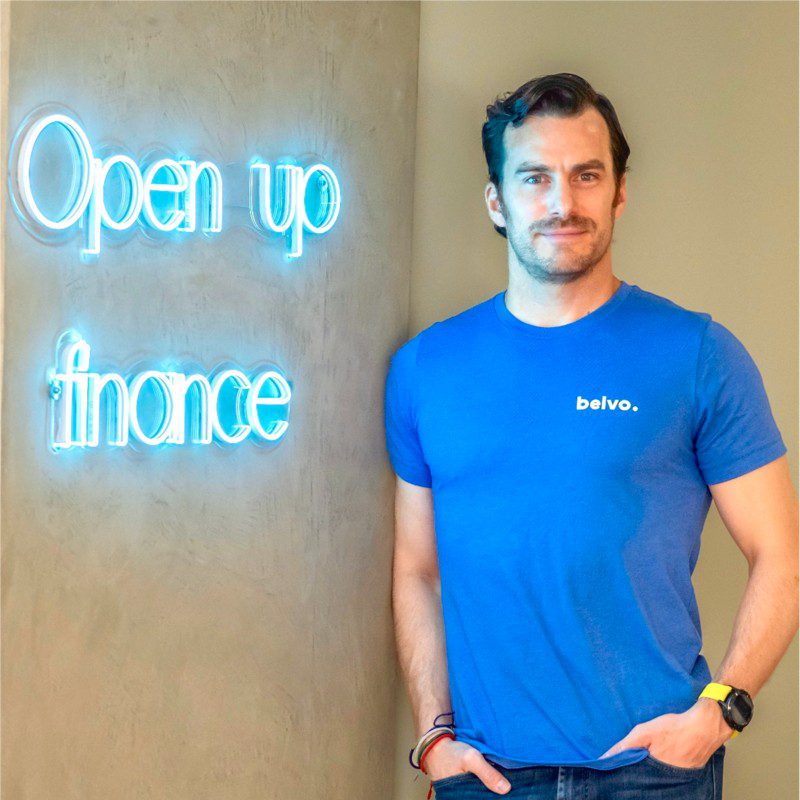Buy Now, Pay Later (BNPL) credit models are growing in Latin America’s fintech sector, with significant investment transactions recorded this year even as rising rates deter risk appetite.
Last month, Mexico-based BNPL firm Nelo secured $100 million in a loan facility from Victory Park Capital, the latest illustration of growing interest in the buoyant sector. Founded in 2019 by former Uber employees, the company will use the funding to buffer its loan book and grow its business in the country.
With Mexico as a leading case, experts argue that Latin America represents a significant opportunity to deploy these models, which allow consumers without cards to purchase in installments. The funding boosts the developing market as other BNPL fintechs, such as Kueski and Aplazo, compete for Mexico’s underbanked.
But despite growing interest, Latin America still bucks the global trend. There are more than 100 BNPL firms globally, yet just a handful of regional providers. Experts say that one of the biggest challenges for BNPL providers is a lack of trusted data sources about borrowers.
Insufficient financial data represents an obstacle to unlocking even faster growth. As open finance progresses, many are hopeful that this could change.
Progress in open finance regulation
As of this year, the Brazilian central bank has fully implemented an open finance framework, which allows for collaboration and data sharing among registered financial institutions. In Chile, Congress recently approved a fintech law that devises a similar outline, while in Mexico, further regulatory rounds are expected on open banking.
Experts say these initiatives could lead to derisking the lending activity, encouraging more financial technology companies to provide those services.
Latin America is an emerging market with higher than average default rates than developed markets. In practice, this has resulted in considerable costs and many banks shying away from lending at a bigger scale.
In a region with so many unbanked, this is a relevant problem for financial inclusion.
“The region has one of the highest informal employment rates in the world, and banks often lack a complete financial assessment of their clients,” Alejandro Servín, Mexico’s general manager at Belvo, an Open Banking API platform, told Fintech Nexus.
More information, more financial inclusion
It is estimated that 53% of Mexico’s population is employed in the informal job market. For that reason, verifying income can be challenging. Banks and fintechs struggle to access reliable financial information. An adequate risk assessment is vital for a sustainable lending practice for every lender in Latin America.
“Open finance offers the possibility of having a much more complete user profile, with greater insights for the lender,” Servín said. “The best strategy would be to make risk models more flexible, allowing access to more information and integrating alternative sources such transaction data.”

Admittedly, traditional bureau records often rely on factors such as delinquency or delays. According to him, this analysis is mainly based on negative performance. On the contrary, he argues that open banking would allow lenders to incorporate good behavior habits.
“With the data extracted thanks to open finance, credit risk assessment models can be strengthened and complemented by daily transaction history in savings and checking accounts,” he said. “This information is especially relevant when requesting a loan to buy a home or for those who do not have a credit history. Transactional information is always up-to-date and represents the client’s most recent financial statement.”
At this point, he reckons BNPL users in Mexico are mostly debit card users who do not have access to credit cards. With open finance, platforms that know how to extract value from this new data provided by open finance will undoubtedly have access to a larger audience, Servin said.
Untapped potential
To be sure, the potential for BNPL practice in Latin America is significant. According to Americas Market Intelligence, the model could capture up to 20% of e-commerce in LatAm in the following years.
Neobanks in the region have taken notice of this emerging trend. Ualá, which operates in Mexico, Argentina, and Colombia, bought Ceibo Creditos recently, a BNPL firm. The digital lender seeks to incorporate BNPL loans into its offering.
Related:
- How new payments regulations in Brazil could affect fintech sector
- Buy Now, Pay Later fintechs plow ahead to serve the underbanked in Brazil
- State of open banking regulation in Latin America
“The ‘buy now, pay later option is growing at a fast pace in the world compared to the rest of traditional loans,” Joaquin Domínguez, Credit director at Ualá, told Fintech Nexus. “The share of this instrument in e-commerce in Europe exceeds 8%, while in Latin America, it only reaches 1%. We see a great opportunity to expand credit tools through this model.”


